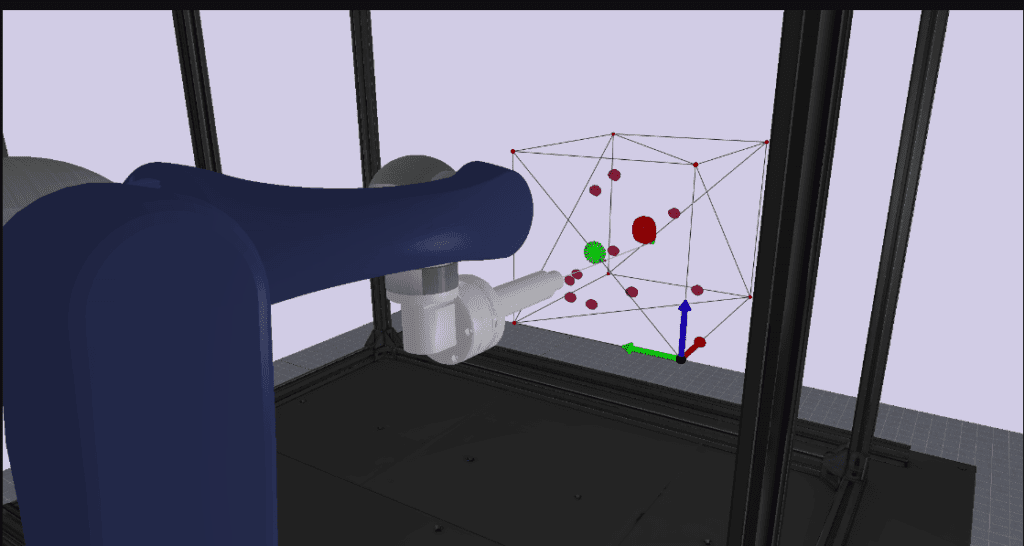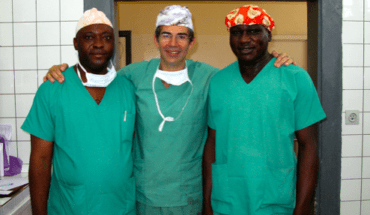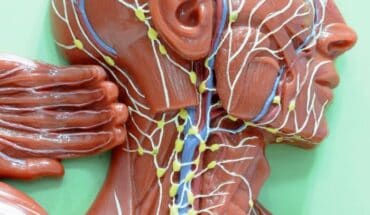New study refines precision of medical needles in surgical simulation: Researchers at the University of Bristol have discovered a way of improving the accuracy of medical needle-use in surgical simulation.
Their breakthrough, the details of which have been published in Mathematical and Computer Modelling of Dynamical Systems, will improve training for junior surgeons by reproducing an effect as similar as possible to real life delivery. It will also have the potential to be used for the development of surgical robotic solutions.
The team, using the theory of continuum mechanics, which focuses on the mechanical behaviour of materials modelled as a continuous mass, were able to develop mathematical models of flexible medical needles that are both computationally efficient and highly accurate. They were able to do this without introducing unnecessary steps thus reducing the computational complexity of previous investigations.
These models are crucial for developing surgical training environments for junior doctors as well as software solutions for the pre-operative planning of surgical interventions.
Lead author Athanasios Martsopoulos of Bristol’s Department of Aerospace Engineering, said: “The computational efficiency of the methods, combined with their accuracy allows their integration into surgical simulation environments, aimed at the training of junior surgeons.
“Surgical simulation constitutes an integral part of modern medical practices, as it offers a safe environment for surgeons to train in, but also a framework for planning, researching, and better understanding surgical interventions.
“The proposed algorithms are readily available for integration with such simulation solutions and they aim to enhance their visual and haptic fidelity.”
The team now plan to use the proposed models in conjunction with computationally efficient and accurate human tissue models. This will act as the basis for modelling the dynamics of virtual surgical instruments of a fully-featured medical simulation solution.
Paper:
‘Modelling and real-time dynamic simulation of flexible needles for prostate biopsy and brachytherapy’ by Athanasios Martsopoulos et al in Mathematical and Computer Modelling of Dynamical Systems.

Image of simulation of medical needle
Credit: Athanasios Martsopoulos
- Gut microbiome could delay onset of type 1 diabetes - 3rd April 2025
- The da Vinci 5 Robot Is Set To Transform Bariatric Care: - 31st March 2025
- Beyond money: the hidden drivers fuelling child food insecurity - 31st March 2025






